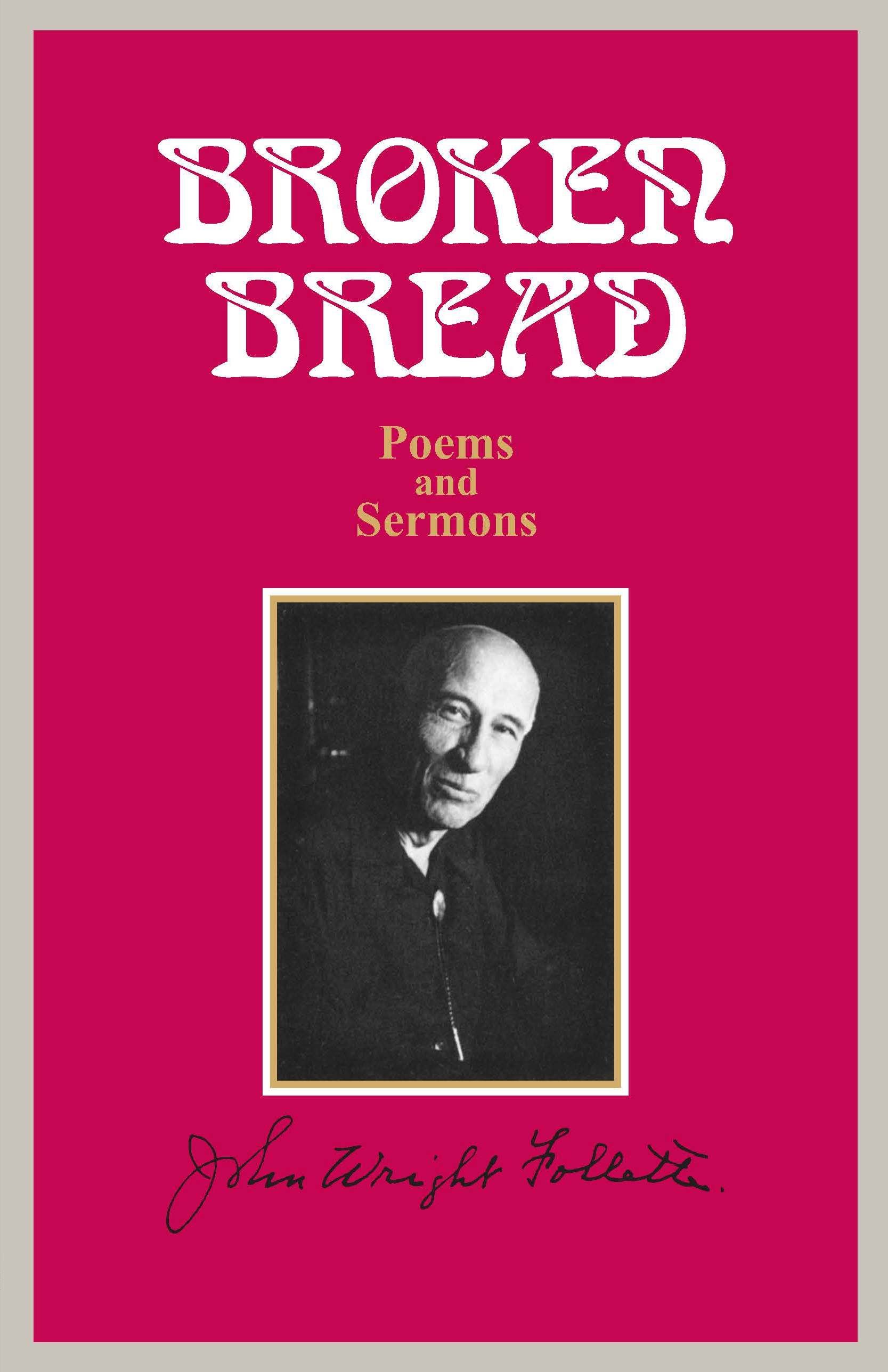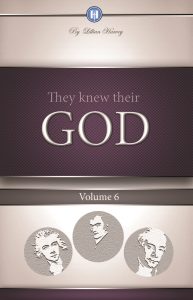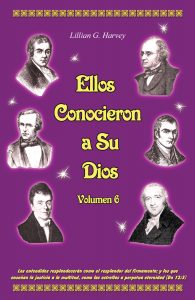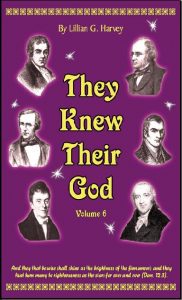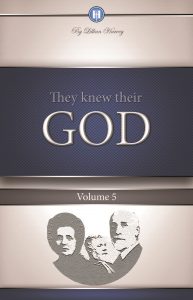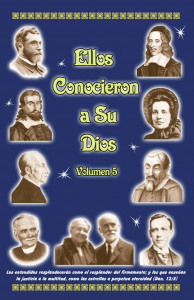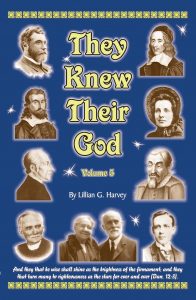Thirty years ago I read, Broken Bread, by John Wright Follette. The following poem has stayed with me all these years and I consider his book was worth reading for this poem alone. But there are other gems too.––R. Barry Tait
Identification
I am a flame born of celestial fire,
I bear a name, Insatiable Desire.
I wear in heart an image all divine,
Past human art, not traced by mortal line.
I hear God call to taste His heavenly power:
I give my all to burn life’s single hour.
So let me burn through fetters that would bind;
Thus will I learn and freedom will I find.
I shall return to Love’s eternal fire,
There shall I burn─a satisfied desire.
─John Wright Follette

